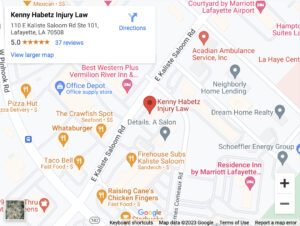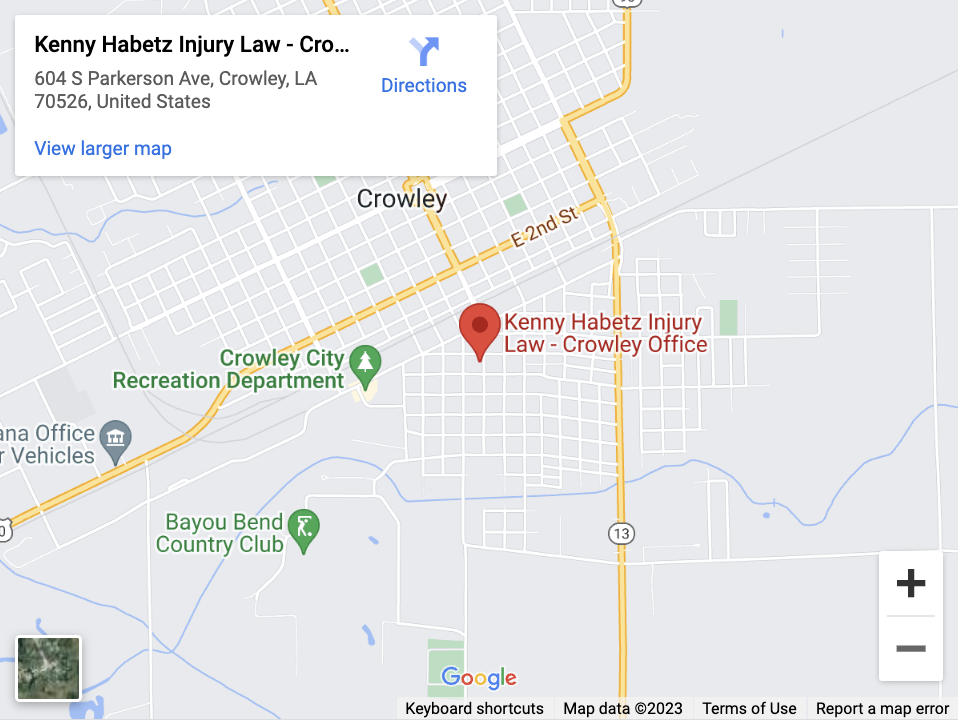
If you’ve been injured in an accident and it wasn’t your fault, you might be wondering what your options are for seeking compensation. Two common avenues for pursuing compensation are personal injury claims and lawsuits. While they may seem similar, there are crucial distinctions that can greatly impact your legal journey.
What Is a Personal Injury Claim?
A personal injury claim is typically the first step in seeking compensation for damages caused by someone else’s negligence. Essentially, it’s a negotiation between you (the injured party) and the insurance company of the person responsible for the accident.
During the claim process, you’ll gather and submit evidence to support your case, such as medical bills, records proving lost wages, and documentation of your pain and suffering. Your lawyer will also send a demand letter outlining the amount of compensation you believe you’re entitled to.
The insurer will evaluate your claim and may respond with a counter-offer or even deny your claim altogether.
If you’re able to reach a satisfactory agreement with the insurance company, you’ll sign a release, and the claim will be settled.
Benefits of a Personal Injury Claim
There are many benefits to pursuing a personal injury claim instead of a lawsuit, including the following:
- Speedier process: One significant advantage of filing a claim is that it’s typically faster than pursuing a lawsuit. Many claims can be resolved within weeks or months, whereas a lawsuit may drag on for years.
- Lower costs: Because there’s no need for a trial, legal fees tend to be lower in claims.
- Less stress: Negotiating a settlement can be much less mentally and emotionally taxing than going through with litigation.
Whether a claim or lawsuit is right for you is something that will be very case-specific.
What Is a Personal Injury Lawsuit?
A personal injury lawsuit is a legal action that is commenced when you are unable to reach a satisfactory settlement during negotiations with the defendant and their insurance company.
The claims process involves informal negotiations resulting in an out-of-court settlement. In contrast, a lawsuit is a formal, legal proceeding that could eventually end up in a trial in front of a judge and jury.
Rather than come to a decision with the responsible party about compensation, you will both present evidence to the court, and the decision will be made for you.
It’s worth noting that pursuing a lawsuit doesn’t always mean you’ll end up in court. Often, cases are settled before trial as parties may be motivated to avoid the uncertainty and expense of going to court.
Benefits of a Personal Injury Lawsuit
If negotiations break down and you decide that you’re not satisfied with the insurance company’s offer, you have the option to file a personal injury lawsuit.
Here are some of the benefits:
- Greater compensation potential: A lawsuit may result in a higher settlement or award than a claim if you’re successful in court.
- Sense of justice: In some cases, it may feel that a lawsuit is the only way to hold the responsible party accountable for their actions.
- Public record: When your case moves to court, all proceedings become part of the public record. This means not only does your voice get heard inside the courtroom, but it becomes accessible to a wider audience. This forces the defendant to answer for themselves, at least in some capacity.
You should always speak with an experienced personal injury lawyer to determine the best course of action for your situation.
Most Common Types of Personal Injury Claims and Lawsuits
Some of the most common types of claims and lawsuits include the following:
Car Accidents
A car accident case is a legal dispute that emerges following an automobile collision, typically involving two vehicles or a car and pedestrian. If one party’s negligence caused the accident (like speeding, driving under the influence, etc.), they may be held legally liable for damages sustained by others.
Slip and Fall Accidents
Slips and falls usually arise when a person slips, trips, or falls as a result of unsafe conditions on another’s property. These accidents fall under premises liability. The property owner could be held responsible if they failed to maintain their premises, leading to the fall.
Dog Bites
Dog owners are typically liable when their dog bites someone and causes harm. Under Louisiana law, the dog owner may be responsible under a strict liability or negligence principle, depending on the circumstances.
Defective Products
If you are injured due to an unsafe or defective product, you may be able to seek compensation from the manufacturer. Examples include faulty brakes or work equipment. Whether it’s due to poor design or inadequate safety warnings, they may be responsible for paying your resulting losses.
Medical Malpractice
Personal injury cases rooted in medical malpractice occur when a healthcare provider is negligent and fails to adhere to an appropriate standard of care (thereby breaching their duty). Examples include surgical mistakes, misdiagnoses, and medication mistakes, among others.
Proving this usually requires compelling testimonies from other medical experts confirming the substandard care delivered, as well as proof of your injuries.
Contact Our Experienced Lafayette Personal Injury Attorney To Determine Whether You Have a Valid Claim or Lawsuit
Understanding the difference between a personal injury claim and a lawsuit is essential when seeking compensation for your injuries. While both avenues can lead to a successful outcome, they have distinct advantages and drawbacks.
It’s important to consult an experienced personal injury attorney to help you navigate the complexities of these legal processes and determine the best course of action. For help, contact us to schedule a free consultation with a Lafayette personal injury lawyer.


